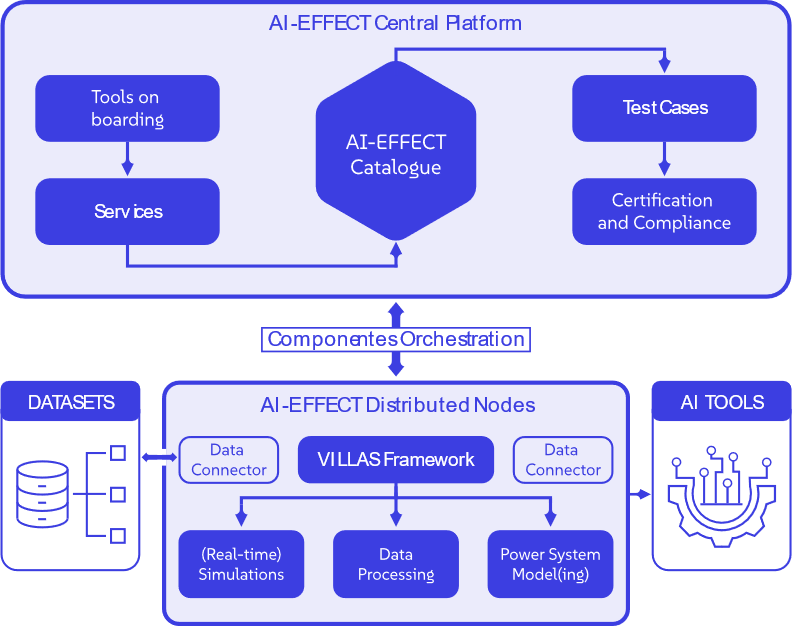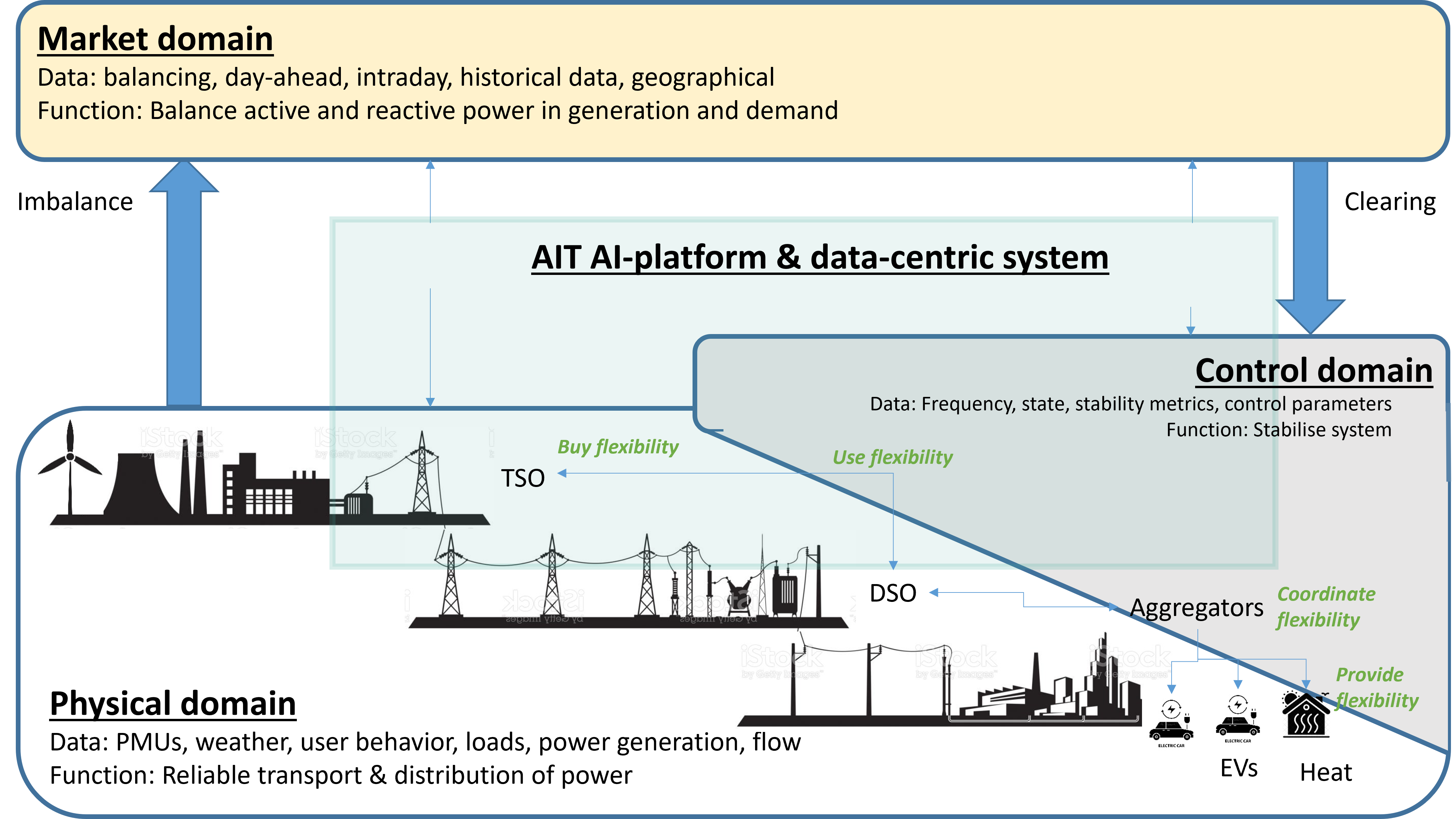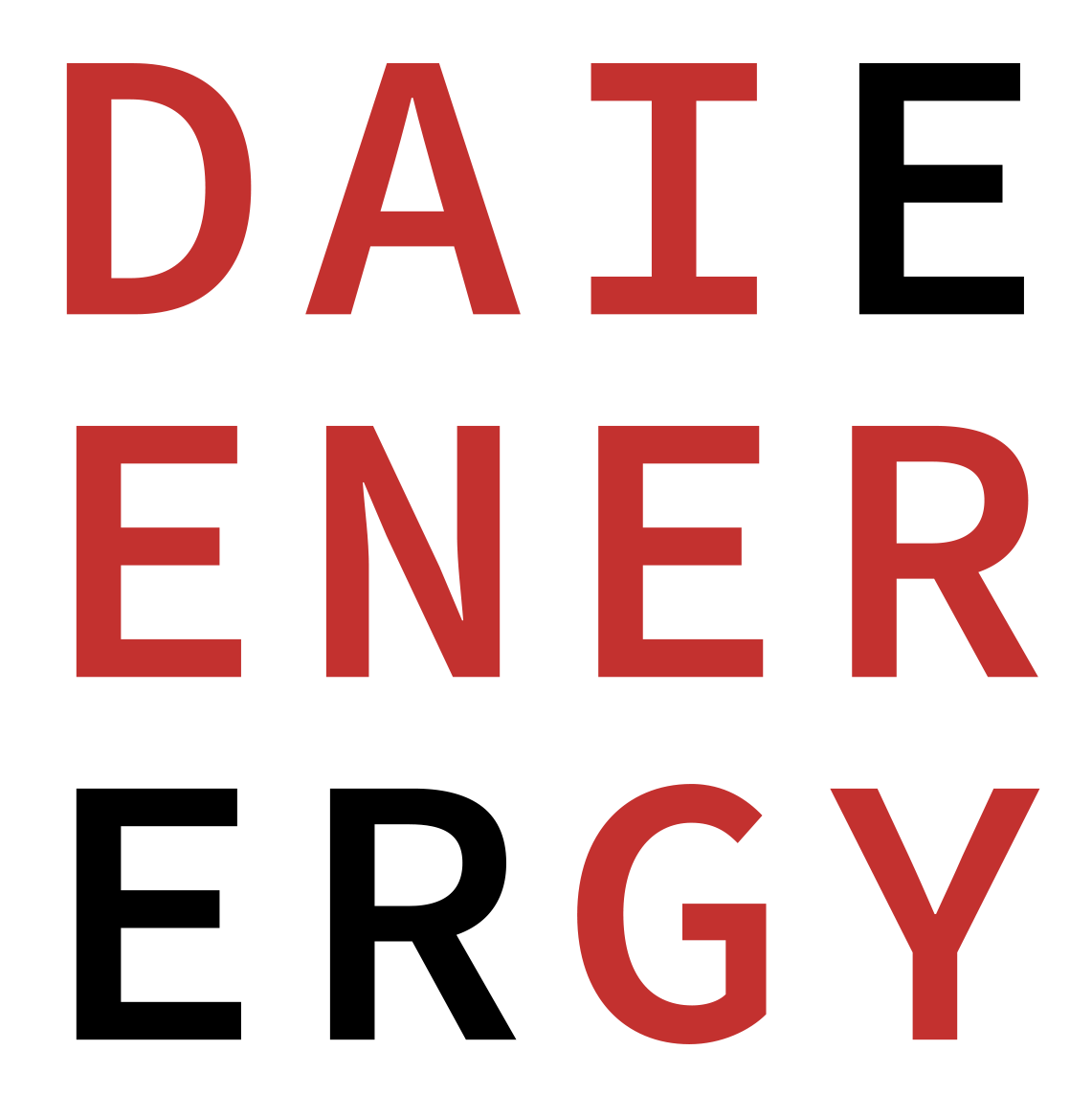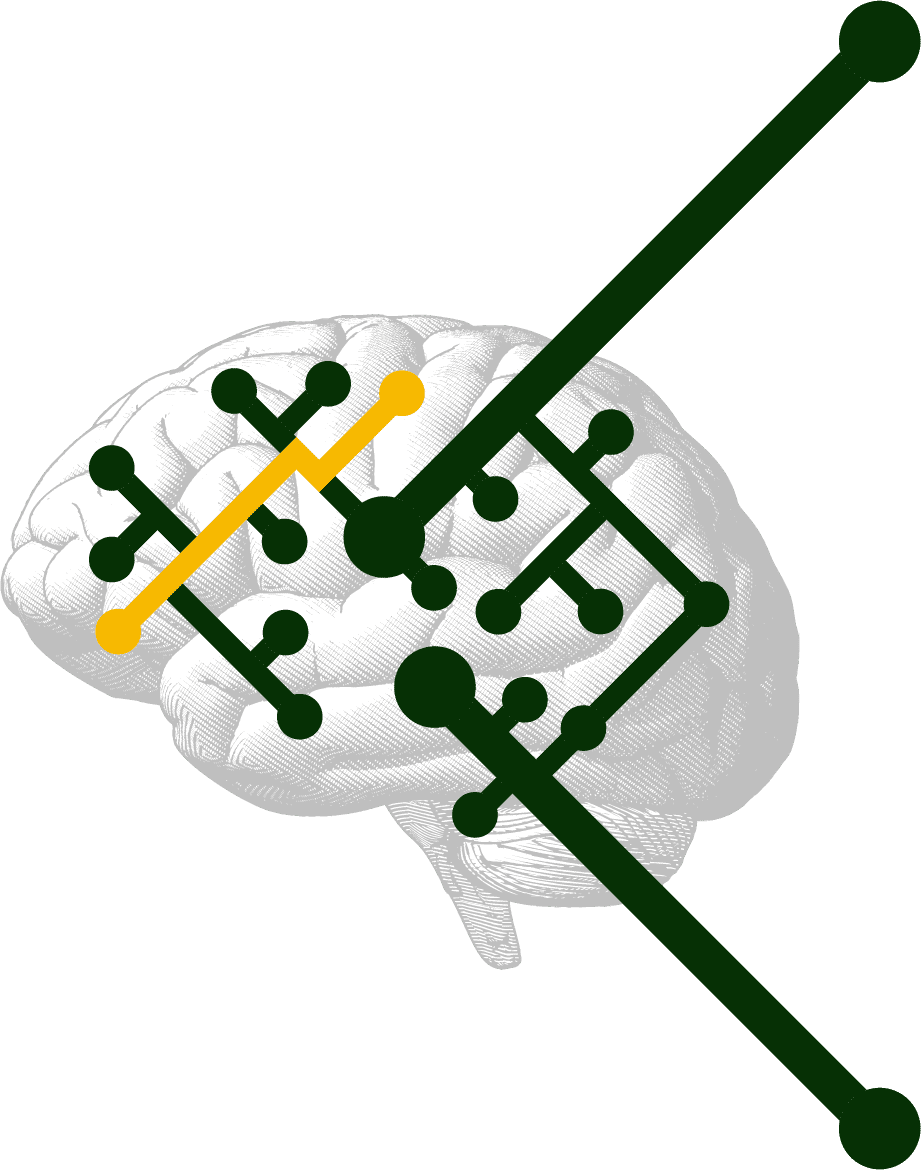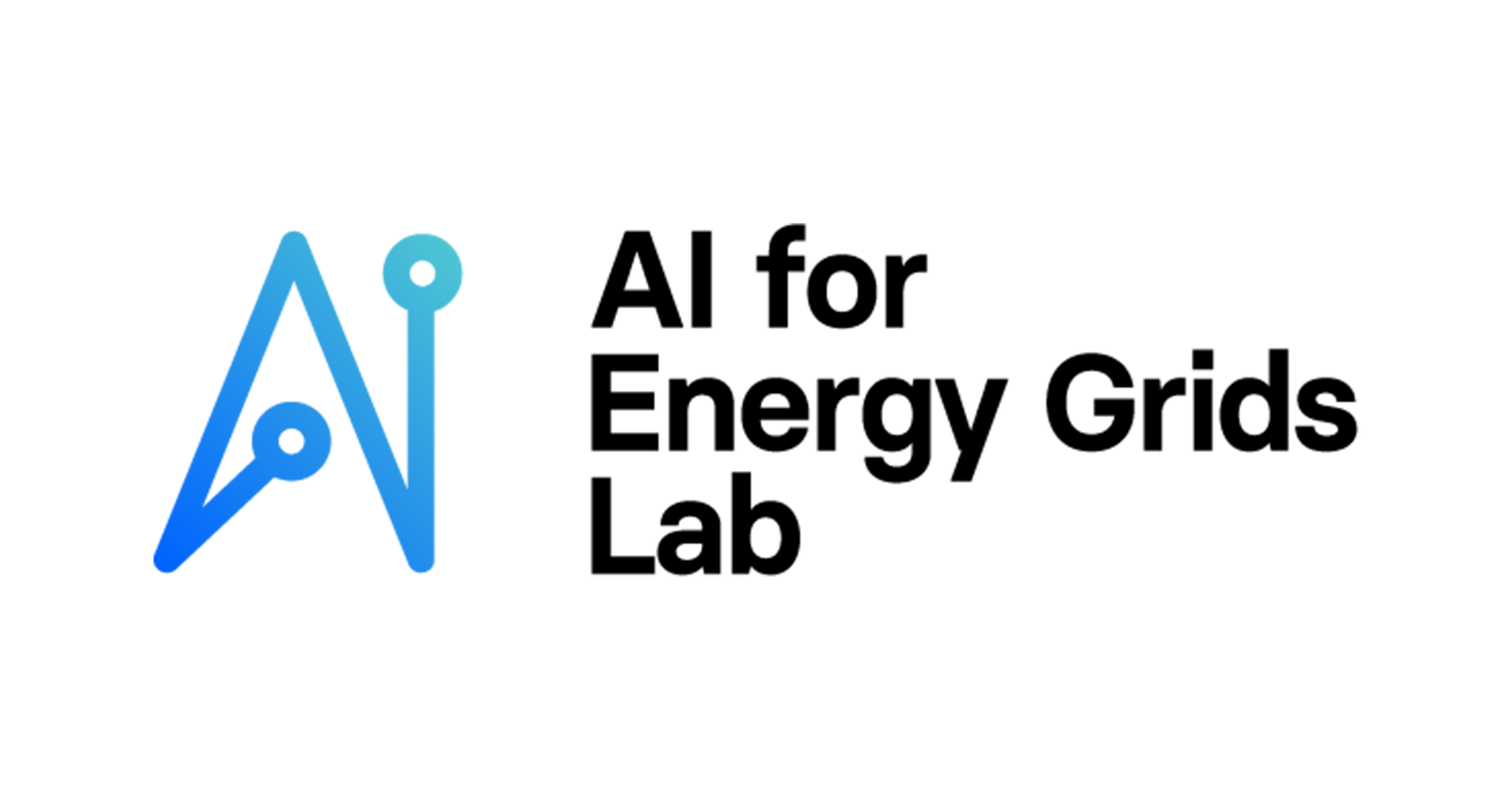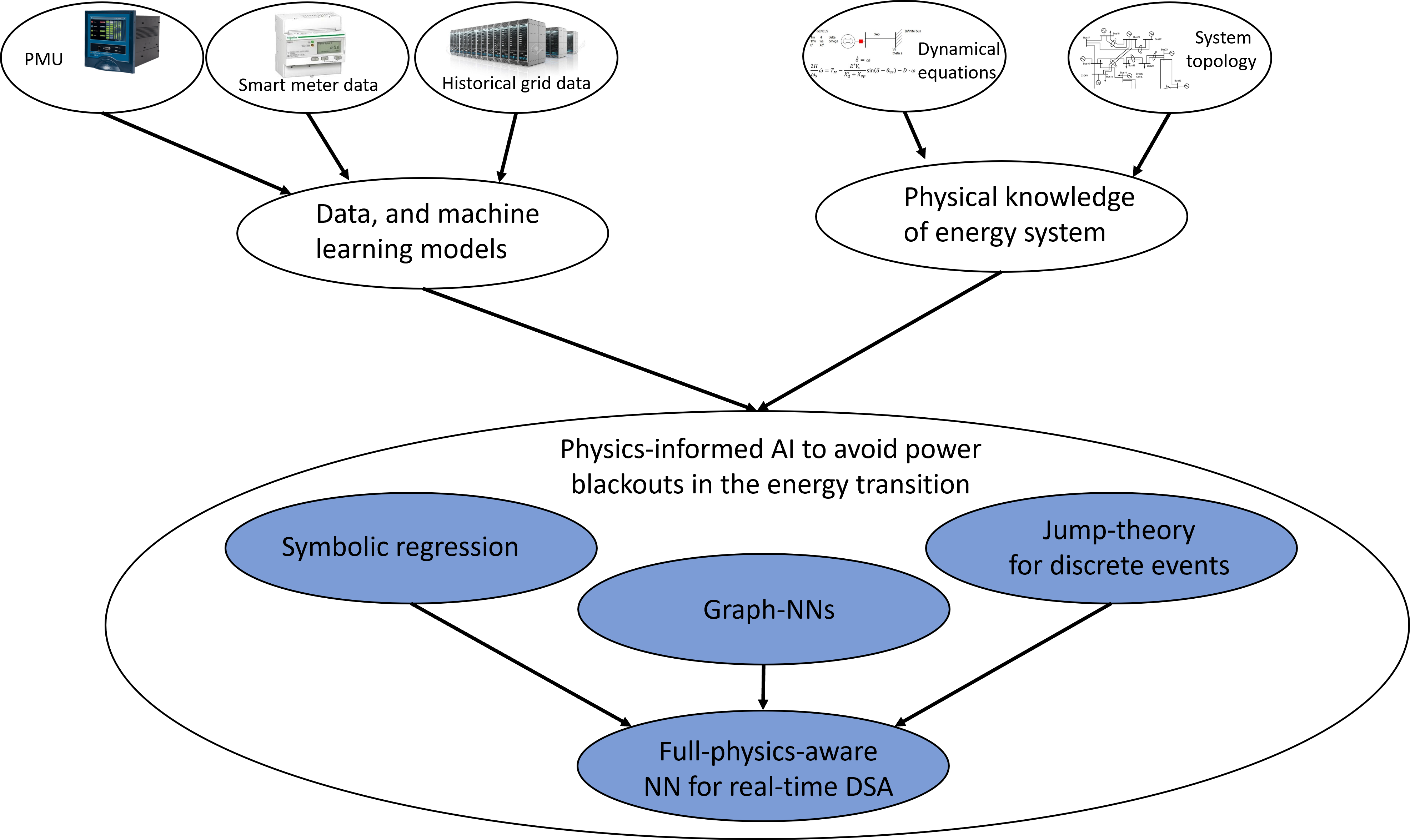AI EFFECT: Testing and Experimentation Facilities for the energy sector – bringing technology to the market
As the digital age transforms the energy landscape, the integration of artificial intelligence (AI) into critical energy infrastructure is set to boost efficiency, resilience, and sustainability. To drive this innovation, the AI-EFFECT project has been launched, aimed at accelerating the development, testing, and validation of AI applications in the energy sector. The project will run until September 2027 and is funded by the European Union’s Horizon Europe programme, under agreement no. 101172952. 